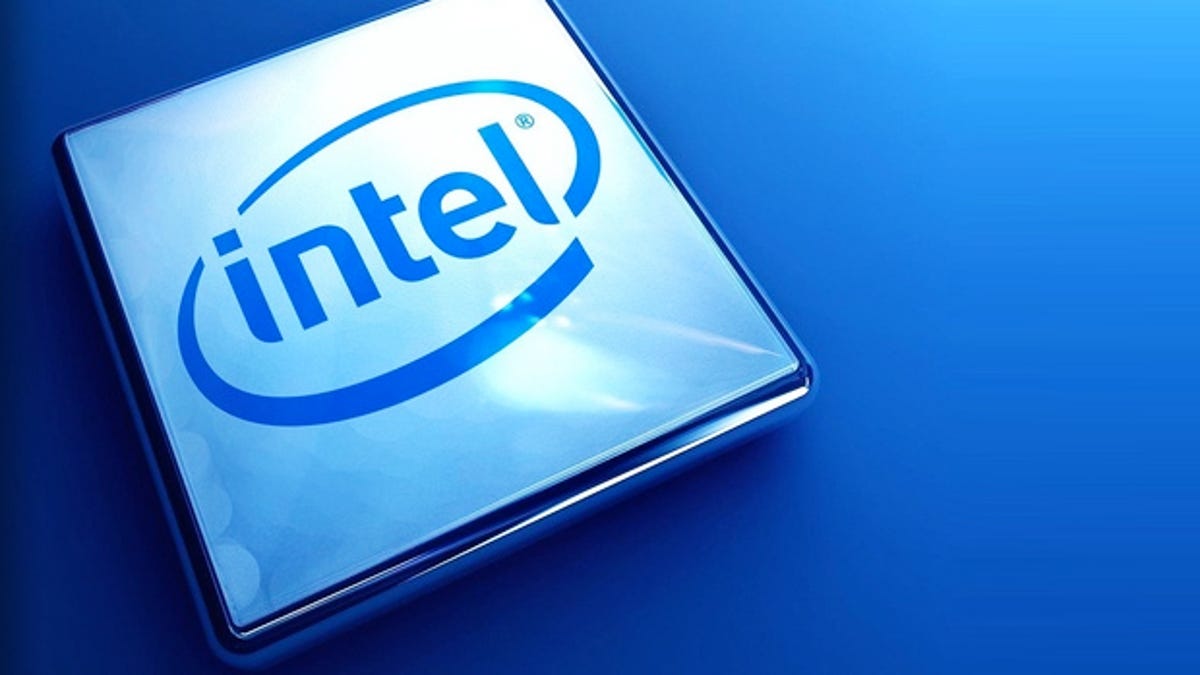Intel ties up with Motorola on Android devices
Intel scores a major partner as the company seeks to establish some legitimacy in the mobile devices business. Motorola CEO: "They're heading the right way."

LAS VEGAS--Intel badly needs a way into the mobile business, and it may have found it through Motorola Mobility.
Intel and Motorola today announced a multiyear, multidevice partnership in which Motorola would use Intel's processors to power its Android products. The two companies are planning to show off a device later this year, but they didn't specify whether it would be a tablet or a smartphone.
A tie-up with Motorola is a major coup for Intel, which has struggled to get companies to use its processors for mobile devices. Its chips, which run on an architecture type known as x86, use more power and are more ideally suited to larger PCs and laptops. Virtually all mobile devices use ARM-based chips, which are more efficient and able to sleep longer without drawing as much power, and are better suited to smaller gadgets.
As a result of those key differences, Intel has found few takers on the mobile end. Companies using ARM chips, such as Qualcomm and Tegra, have seen a lot of success with mobile devices.
But at the Consumer Electronics Show keynote, Intel CEO Paul Otellini also said a Lenovo phone powered with an Intel chip would come to China in the second quarter.
Motorola, however, seems bullish with what Intel has on its product roadmap.
"Knowing what I know, they're heading in the right direction," Motorola CEO Sanjay Jha said during a discussion with reporters today.
It's an interesting move for Jha, who has been a stronger supporter of Qualcomm's Snapdragon processor. Jha was formerly a top executive at Qualcomm under CEO Paul Jacobs.
Motorola is making the move to diversify its suppliers. The company currently uses Qualcomm and Texas Instruments to supply its processors.
"Intel coming into the mobile business is a good thing," Jha said. "It brings in a new perspective."
Jha said the finlike structure of Intel's transistors, which Intel has touted as a revolutionary change in how chipsets work, piqued his interest. He believes the innovation could lead to the creation of more powerful and efficient chips.

